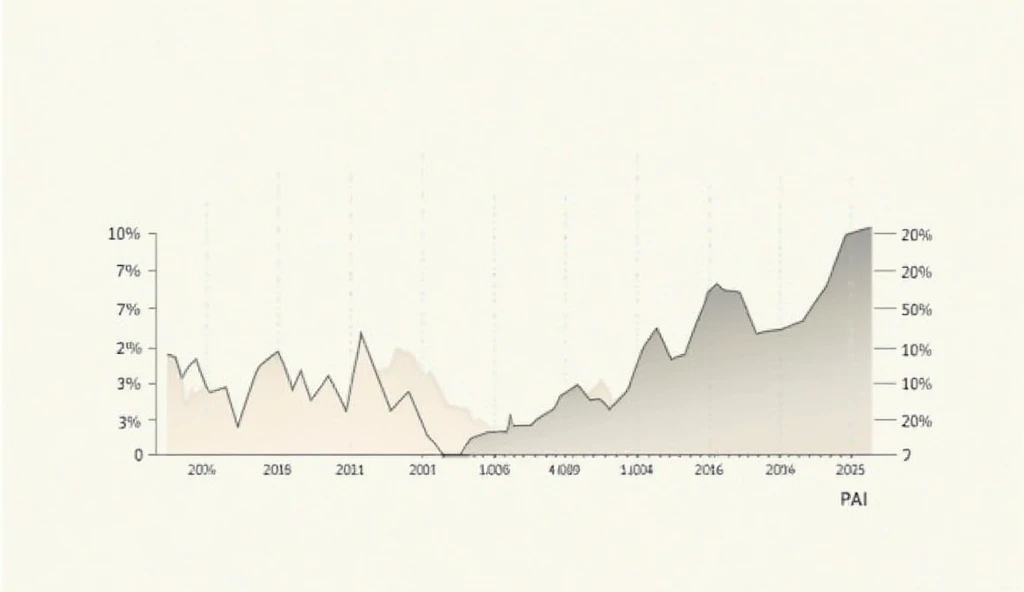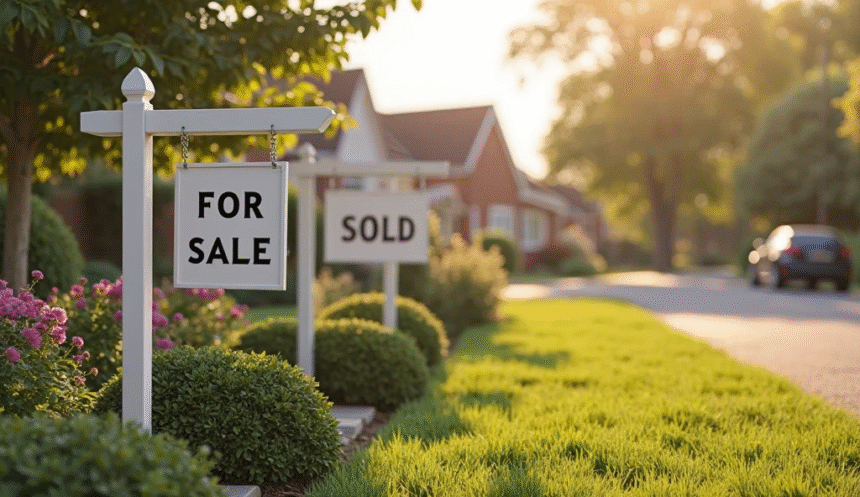The UK housing market just witnessed its steepest summer dip in over two decades. In July 2025, average asking prices fell by 1.2% a rare mid-year slump not seen since 2008. While this might raise alarm bells for some, it also spells opportunity for others. Whether you’re a buyer, seller, or just watching from the sidelines, understanding the reasons behind this drop and what’s likely to come next could help you make smarter property decisions.
What’s Causing the Decline?
Several factors are influencing this unexpected price drop:
- Rising Housing Supply
With more properties entering the market post-election, buyers now have more choices. This supply increase puts pressure on sellers to lower asking prices to stay competitive. - Economic Uncertainty
While inflation is easing, the long tail of high interest rates and global economic wobbles (including shaky performance from China and Germany) has dented buyer confidence. - Seasonal Slowdown
Traditionally, summer sees a lull in transactions. But this year, that seasonal dip has been compounded by affordability constraints and cautious lending practices.
The Mortgage Rate Effect
Mortgage rates, although down from their peak, still hover around 4.5% for 5-year fixed deals. While better than 2023’s highs, they’re still squeezing affordability—especially for first-time buyers. However, falling rates could eventually reinvigorate demand.
Signs of Life: Buyer Interest Rises
Despite falling prices, buyer inquiries are up 6% compared to last year. Similarly, sales agreed are up 5%, suggesting that the market isn’t crashing—it’s rebalancing. More listings and improved negotiation flexibility are creating a healthier environment for buyers.

London Hit the Hardest
Inner London saw a 2.1% price drop—the steepest of any region. This could indicate renewed affordability in one of the UK’s most expensive markets, offering a potential entry point for those previously priced out.
What to Expect Going Forward
Rightmove has revised its full-year price growth forecast down from +4% to +2%. If interest rates stabilize and inflation continues to cool, we may see a soft rebound in late 2025 or early 2026.
What This Means for You
- Buyers: This may be the best time in years to negotiate a deal, especially if you have financing lined up.
- Sellers: Price competitively, be open to negotiation, and understand that quick sales may require adjustments.
- Investors: Watch London and outer commuter zones closely—short-term price dips could offer strong long-term value.








